Blog
The News and musings from the yards, barrel halls and tasting panels, and from on the road traveled between.
Barriers to and Recommendations for Equitable Access to Healthcare for Migrants and Refugees in Aotearoa, New Zealand: An Integrative Review
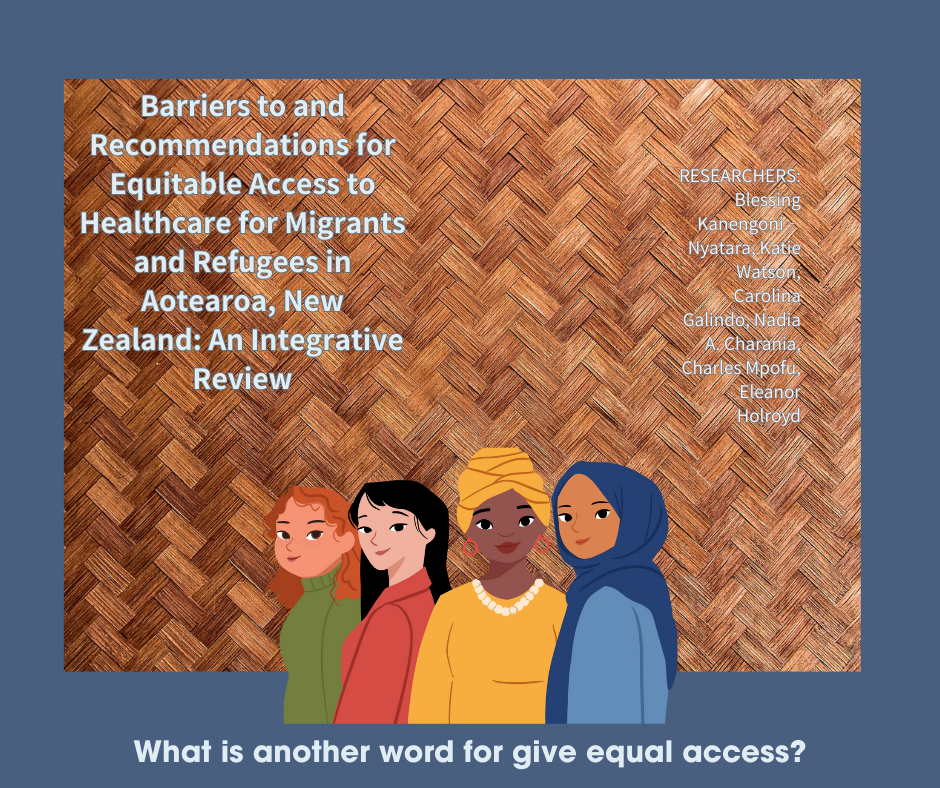
The health system in Aotearoa New Zealand is predicated on equity in access to health services as a fundamental objective yet barriers to equitable access for migrant and refugees continue…continue reading
CONNECTING HOMELANDS Telling the stories of Post-war Cretan Migrant Women in Aotearoa New Zealand An oral history and digital storytelling project
This digital archive contains the material of an oral history project that recorded the personal stories of elderly Cretan Greek women who came to New Zealand in the early 60s…continue reading
A study of loneliness in Auckland 2021
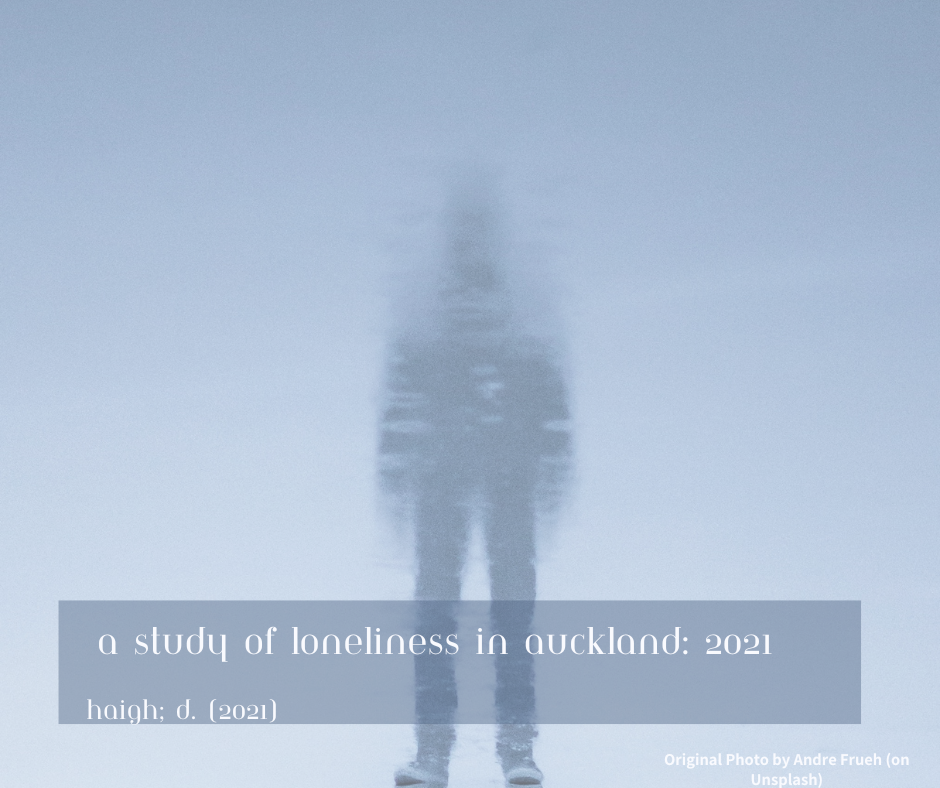
Loneliness is a distressing emotional state of not having meaningful connections with others. This study looked at levels of loneliness in Auckland, using data from Statistics NZ and Auckland Council.…continue reading
The End of the Rainbow? Chinese Queer International Students Negotiating the “Ethnic Closet” in New Zealand
Drawing on semi-structured in-depth interviews with 15 Chinese queer international students from New Zealand’s tertiary institutions, this paper explores their motivations to pursue higher education transnationally, and unpacks the interconnected…continue reading
Challenges to the proof of violence, and social stigma for ethnic migrant women in the current Victims of Family Violence (VFV) visa policy in Aotearoa New Zealand
Analyses showed that victim-survivors face significant barriers in accessing this visa. Proving violence and an inability to return to their country of origin due to social stigma are complex and…continue reading
O le Fa’atamasoali’iga a Tautai Matapalapala – A Soul-Searching and Far-Reaching Voyage of the Tautai
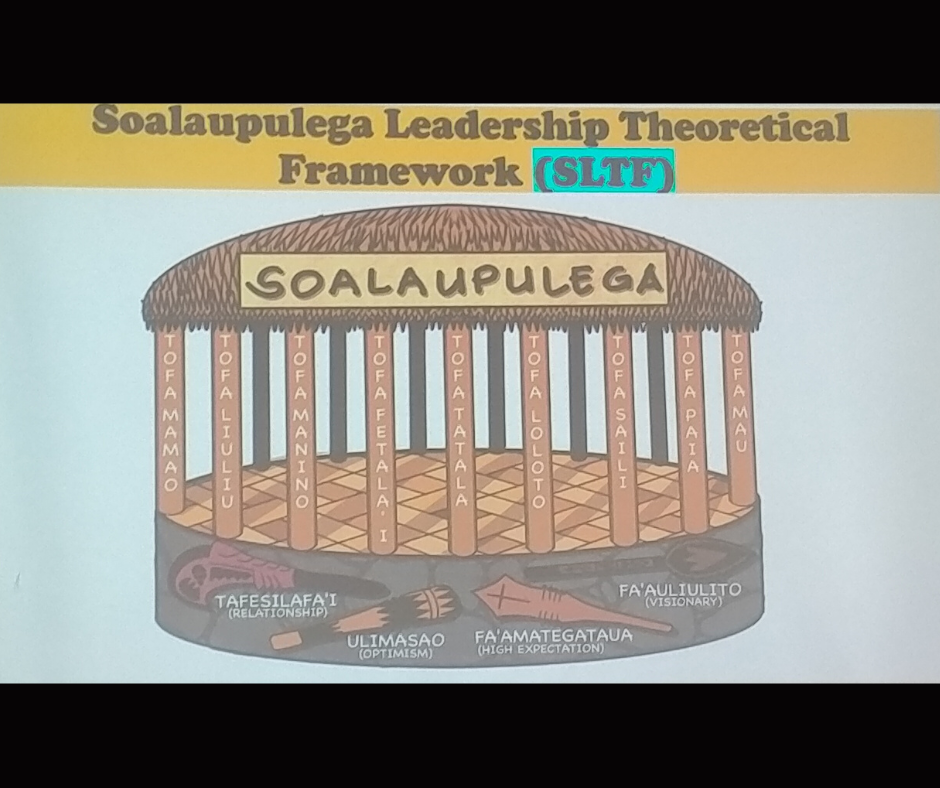
Effective educational leadership characteristics that bring about changes in schools that support Pacific children to make a better start in their learning, health and well-being. This research investigates the Pacific…continue reading
Building a freshwater monitoring toolkit to give effect to Ngaa Rauru values
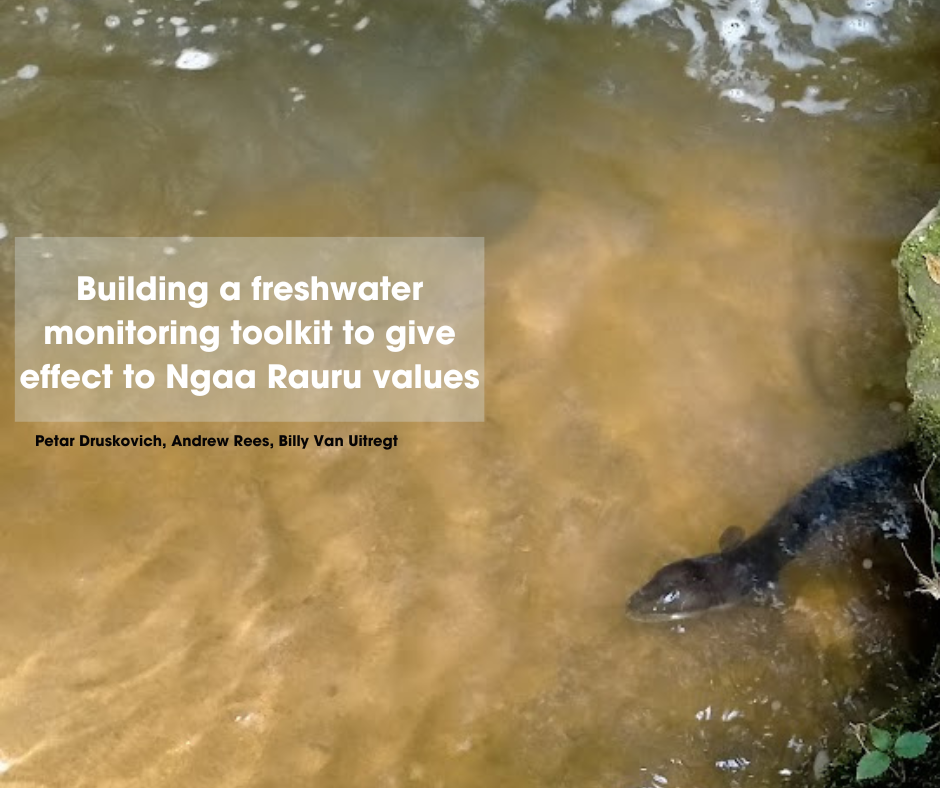
As Māori around the motu continue to assert the mana motuhake in freshwater management, many are developing bespoke freshwater monitoring approaches that represent their own values for freshwater. Here, we…continue reading
Strengths-based resilience intervention for informal carers of stroke survivors
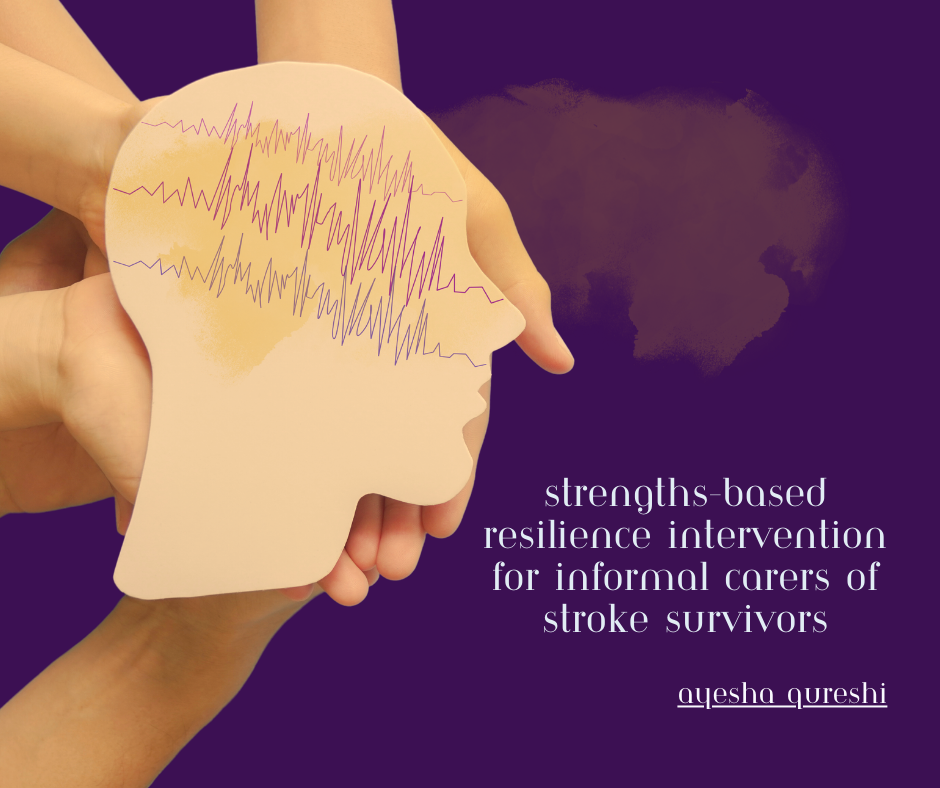
Stroke is considered the most common cause of long-term and complex disability, often resulting in a combination of sensory, motor, and cognitive deficits. Stroke survivors return to live in the…continue reading
Lots of Little Fires

Video Story-Telling for The Waikato Wellbeing Project The concept of ‘lots of little fires’ captures the idea that there are many small ‘fires’ of passionate people ‘burning bright’ across the…continue reading
Theorising Māori Health and Wellbeing in a Whakapapa Paradigm: Voices from the Margins
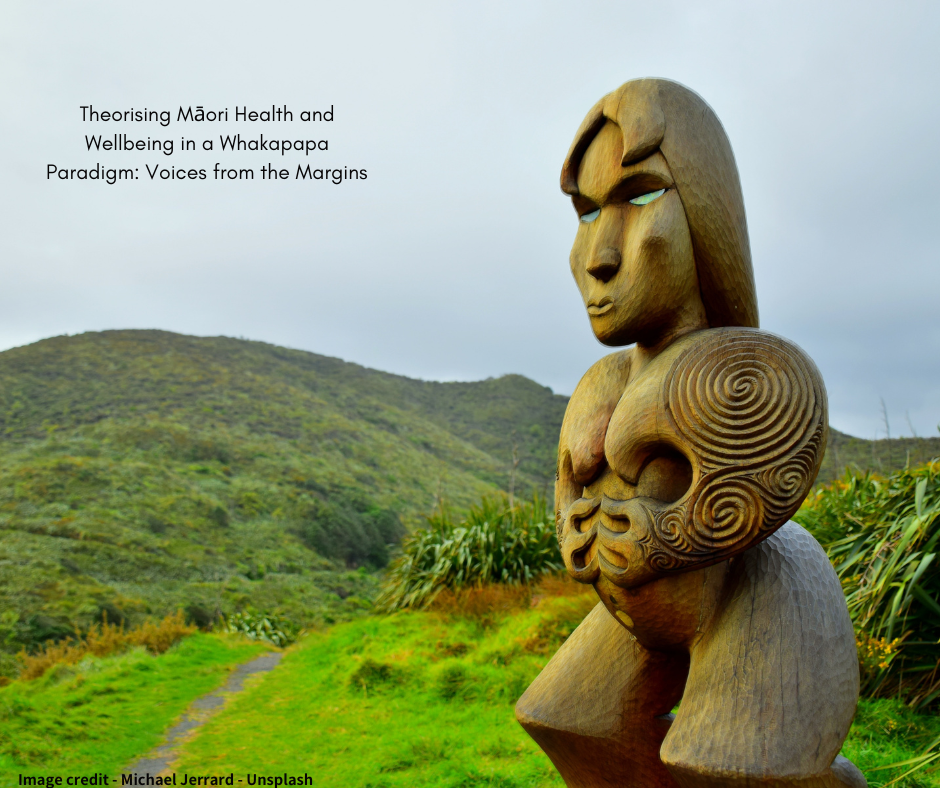
This thesis explores communication infrastructures at the margins of Indigeneity to understand Māori health and wellbeing meanings, challenges, strategies and solutions, articulated by whānau whose voices have been ignored, or…continue reading
